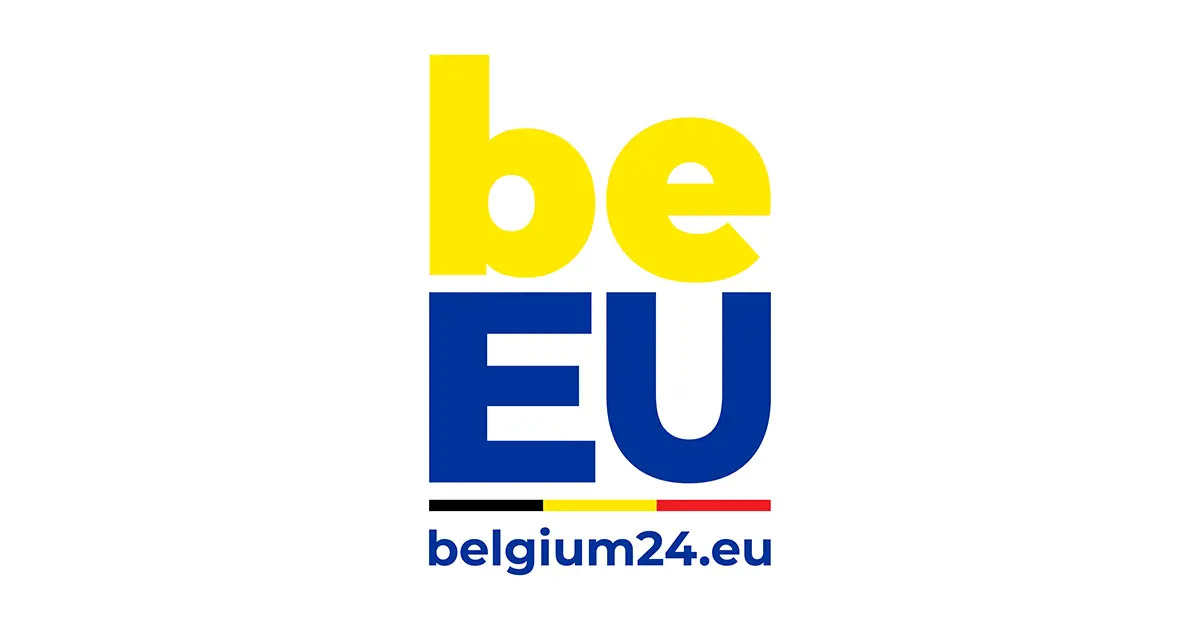In the Environment Council under Estonian Presidency held on 13 October Ministers reached political agreement on the Effort Sharing Regulation under which the Member States have binding 2030 national emission targets for sectors falling outside the scope of the EU emissions trading system (agriculture, transport, buildings, waste). Ministers also reached political agreement on the rules how to include emissions from agricultural land use and forestry (LULUCF) into the 2030 climate framework. Based on the general approach the Presidency can start the informal negations with the European Parliament. The European Commission was represented by Commissioners Karmenu Vella and Miguel Arias Cañete.
The Ministers had an intensive debate on the Presidency compromise proposal on the Efforts Sharing Regulation. The main debate was around the “safety reserve” and its size, which offer additional flexibility for low income Member States. The Ministers reached political agreement, which opens up the way for the negotiations with the European Parliament. Ministers also discussed the proposal on the inclusion of greenhouse gas emissions and removals from land use, land use change and forestry (LULUCF) into the 2030 climate and energy framework and reached the final compromise. The outstanding political issue was the proposal on managed forest land flexibility and the level of compensation. Some Member States wanted to have more flexibility to cover future emissions arising from increased level of wood harvest. Other Member States argued for a credible LULUCF system, which will be an example for the third countries. Finally, Ministers reached a general approach, which will be the base for the informal trilogue meetings with the European Parliament.
The text of the general approach on Efforts Sharing Regulation and LULUCF are available here:
http://data.consilium.europa.eu/doc/document/ST-13224-2017-INIT/en/pdf
http://data.consilium.europa.eu/doc/document/ST-13249-2017-INIT/en/pdf
Ministers adopted conclusions on the EU's priorities for the third meeting of the UN Environment Assembly (Nairobi, 4-6 December 2017). The main theme of the Assembly will be the issue of pollution, its outcomes are expected to be a ministerial closing document and a limited number of thematic decisions, as well as a set of commitments from individual to government levels. Both the Presidency and the Commission highlighted the importance of EU involvement and of EU and Member State commitments.
http://data.consilium.europa.eu/doc/document/ST-13070-2017-INIT/en/pdf
The Ministers adopted conclusions on the Paris Agreement and in preparation for the 23rd session of the Conference of the Parties (COP23) to the United Nations Framework Convention on Climate Change (UNFCCC), which will take place from 6-17 November 2017 in Bonn. The Council conclusions can be found here:
The Luxembourgish delegation informed about the integrated national energy and climate plans for 2030 and the long-term emissions reduction strategies. The Polish delegation gave information about the international seminar "Science for Peace the World Over", which was held in Erice, Italy, on 18–24 August 2017. The United Kingdom highlighted the importance of the ratification of the Kigali Amendment to the Montreal Protocol.



